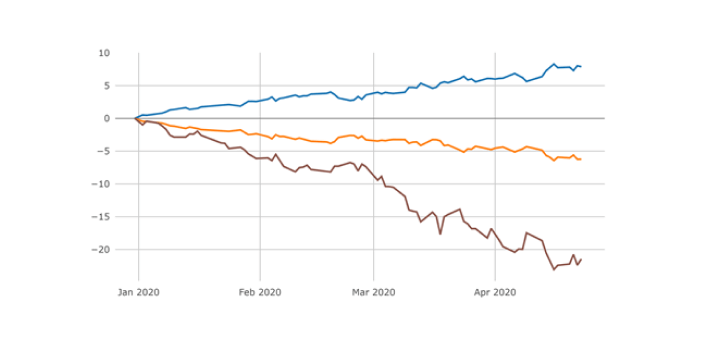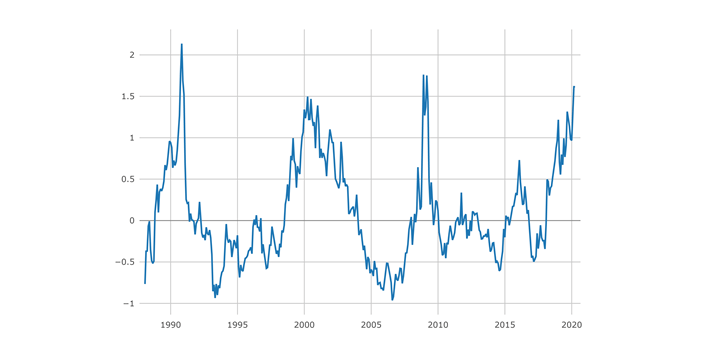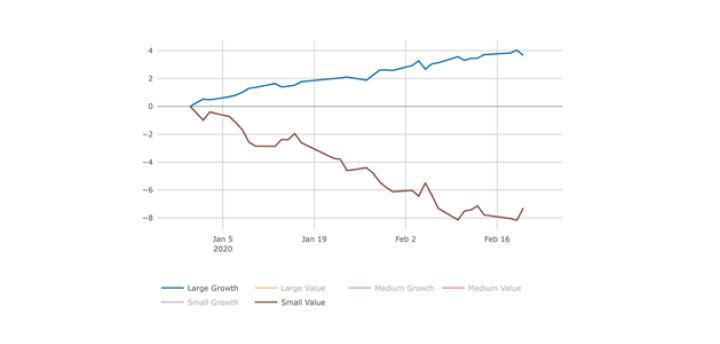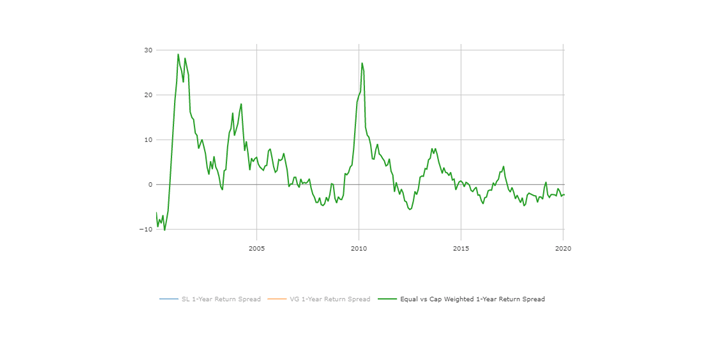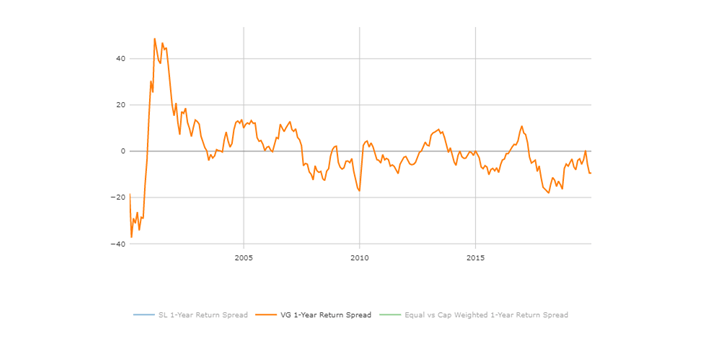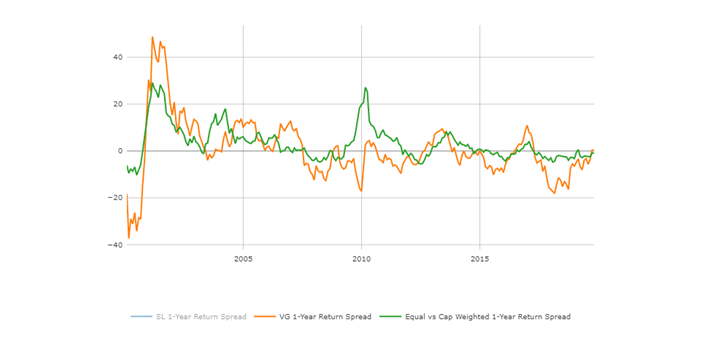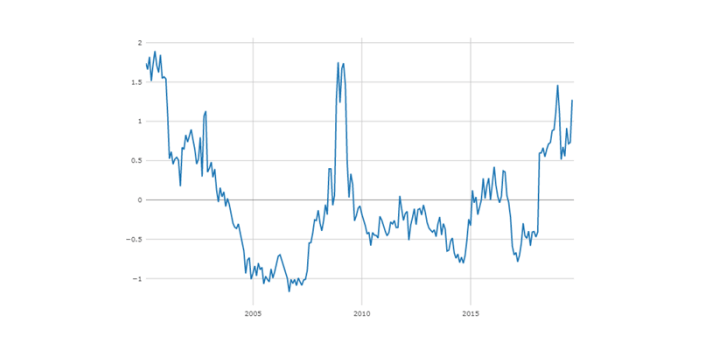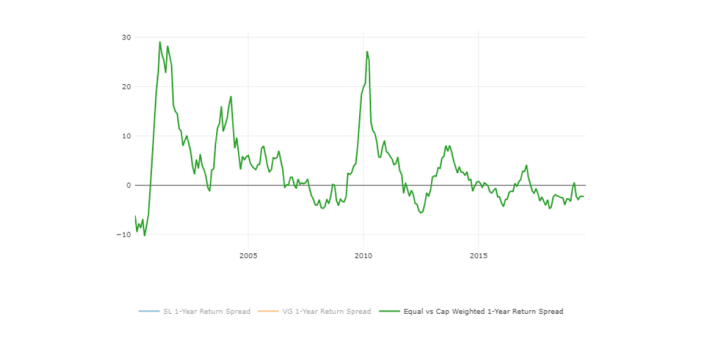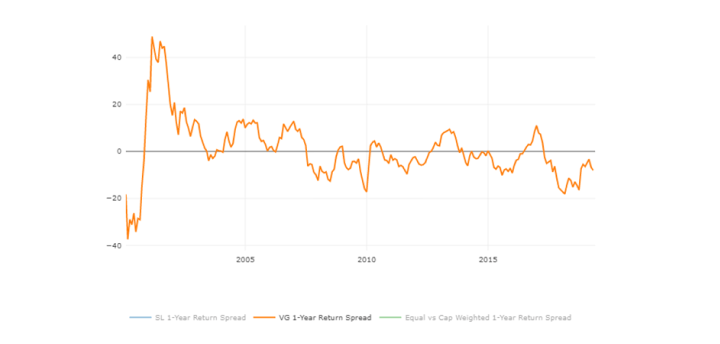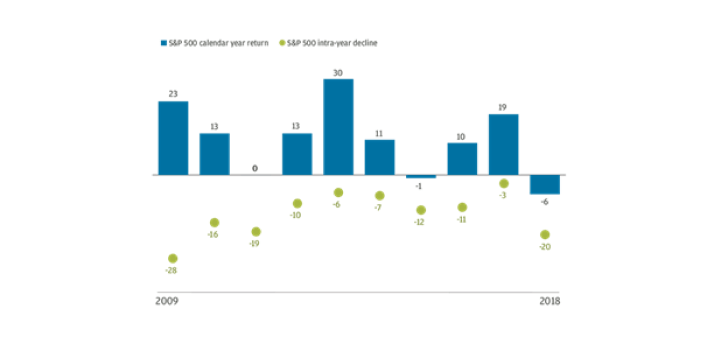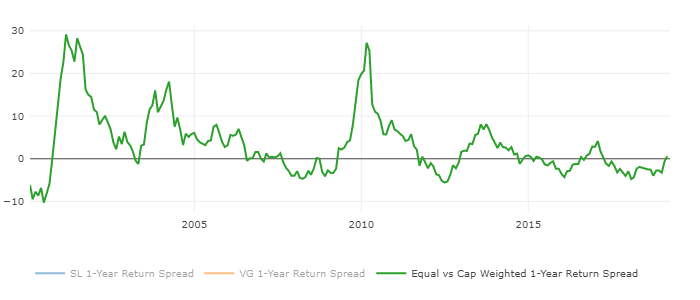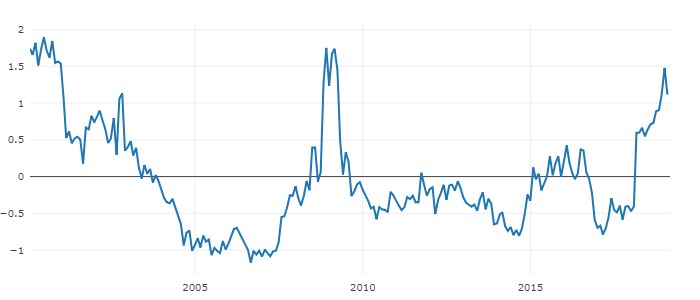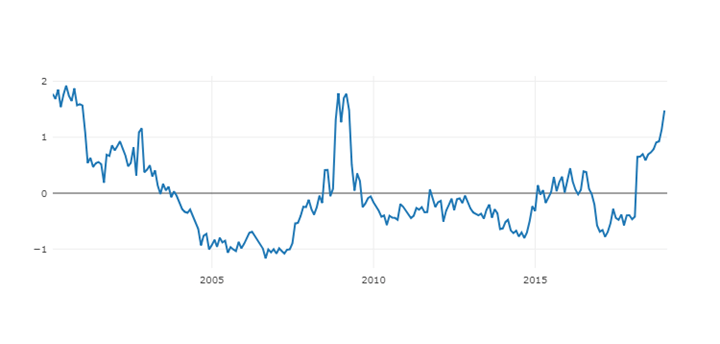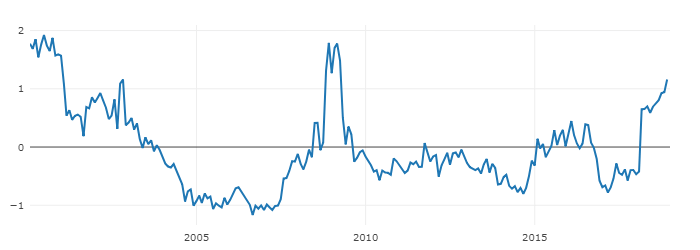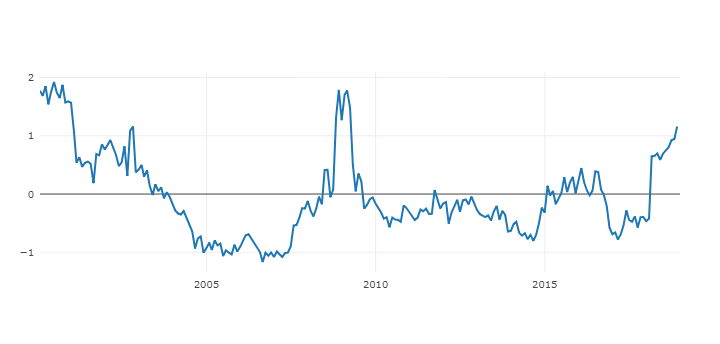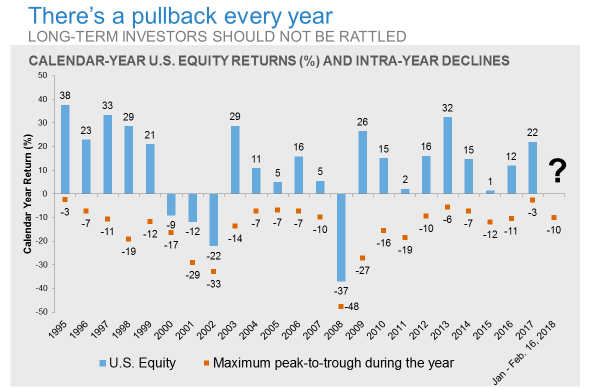Market Overview
We believe fundamentals drive long-term returns. Despite some ongoing worries about the pace of global growth, we think fundamentals are still supportive overall. Stay positive and keep long-term prospective!
US Economics, Trade Deal and Brexit
Judging by Signet’s Macro Forecast, we expect the US economy to accelerate in 2020 for several reasons. First, the drag from the trade war should fade absent further escalation. Secondly, lower interest rates should provide a boost that is already becoming evident in the housing data. Moreover, we think consumers will outpower weak business investment and the pressure from the inventory adjustment is probably nearing an end. The average forecaster now sees a 33% chance of recession over the next year. We believe the risk of recession in 2020 is low, based on our Macro Forecast, which points to cyclical Economic Sectors like Industrials, IT and Communications to outperform. Although the current expansion is aging to record levels, we don’t see the usual late-cycle problems like inflation and financial imbalances are not present in the system.
Global Economics
Global GDP growth continues at a sub-par slow pace and it is unlikely that it will pick up materially as we finish this decade. However, according to JP Morgan, the foundation is being laid for a rebound sometime before the middle of next year. JP Morgan points to three conditions that bode well for a pickup in economic growth:
- Policy easing promotes supportive financial conditions. We are in a unique cyclical position with accommodative global fiscal and monetary policy stances in a mature expansion. While some policymakers are constrained, the key ones—the Fed and China—have delivered additional easing this year. Their effectiveness is evident in the constructive signal sent by equity and credit markets in the face of the growth slowdown. The latest news also points to more fiscal easing—most recently from Japan and the UK—and continued rate cuts by EM central banks.
- Global business sentiment bottoms. A negative sentiment shock related to political conflicts is a central driver of this year’s global slowdown. JP Morgan’s forecast points to a modest global sentiment recovery early next year if an expected US-China “phase one” deal is concluded.
- Today’s caution points to next year’s catch-up. The current cautious global capex and inventory profile should persist. Indeed, it has spilled over to softer labor demand recently, consistent with signs that service sector activity is slowing. Over time, rising sentiment and cumulative caution should provide the catalyst for a pickup as rising sentiment sparks a turn towards spending normalization.
Corporate Earnings
US corporates look strong. According to Value Line more than 90% of the companies in the S&P 500 Index have reported results for the third quarter. Of these, 75% have posted positive earnings surprises and 60% have done so on the revenue line. These latest results are continuing a positive trend in place in recent years. Importantly, this upbeat profit trend should continue in the current quarter and through 2020. With most companies routinely beating forecasts, earnings should remain a positive variable for the equity market going forward. Low interest rates, more favorable tax treatment, a rising stock market, the cumulative wealth effect of a decade-long increase in real estate values, and modest, but steady, growth in wage rates, all have helped sustain the business expansion. What’s more, the fundamentals seem sufficiently reassuring that despite the bull’s advanced age the broad market is reasonably priced.
Investment Regime Changes
Over the last few weeks Value has outperformed Growth, and Small Caps have been catching up with Large Caps. We think both reversals could be just the beginning of a longer change in market’s leadership. (see: Valuation Spread chart and Size Differential chart below). Valuation Spreads (the difference in valuation between expensive and cheap stocks) are still relatively high when compared to the normal historic levels. That means that until we reach and probably exceed the historic norms, we should expect Value to perform relatively well. Should markets’ worries get subdued, one would expect Small Caps to keep gaining on their Large counterparts. Small Caps are perceived to be riskier and do better when risk appetite improves. All in all – we expect fundamentals to resume working, as they have consistently done so over long-term! Happy Holidays!
Valuation Spreads (Source – Signet FM):
Small minus Large Cap 3 Year Average Return Differential (Source Signet FM):
The information and opinions included in this document are for background purposes only, are not intended to be full or complete, and should not be viewed as an indication of future results. The information sources used in this letter are: WSJ.com, Jeremy Siegel, PhD (Jeremysiegel.com), Goldman Sachs, JP Morgan, Empirical Research Partners, Value Line, Ned Davis Research, Citi research and Nuveen.
IMPORTANT DISCLOSURE:
Past performance may not be indicative of future results.
Different types of investments and investment strategies involve varying degrees of risk, and there can be no assurance that their future performance will be profitable, equal any corresponding indicated historical performance level(s), be suitable for your portfolio or individual situation, or prove successful.
The statements made in this newsletter are, to the best of our ability and knowledge, accurate as of the date they were originally made. But due to various factors, including changing market conditions and/or applicable laws, the content may in the future no longer be reflective of current opinions or positions.
Any forward-looking statements, information and opinions including descriptions of anticipated market changes and expectations of future activity contained in this newsletter are based upon reasonable estimates and assumptions. However, they are inherently uncertain and actual events or results may differ materially from those reflected in the newsletter.
Nothing in this newsletter serves as the receipt of, or as a substitute for, personalized investment advice. Please remember to contact Signet Financial Management, LLC, if there are any changes in your personal or financial situation or investment objectives for the purpose of reviewing our previous recommendations and/or services. No portion of the newsletter content should be construed as legal, tax, or accounting advice.
A copy of Signet Financial Management, LLC’s current written disclosure statements discussing our advisory services, fees, investment advisory personnel and operations are available upon request.

















































